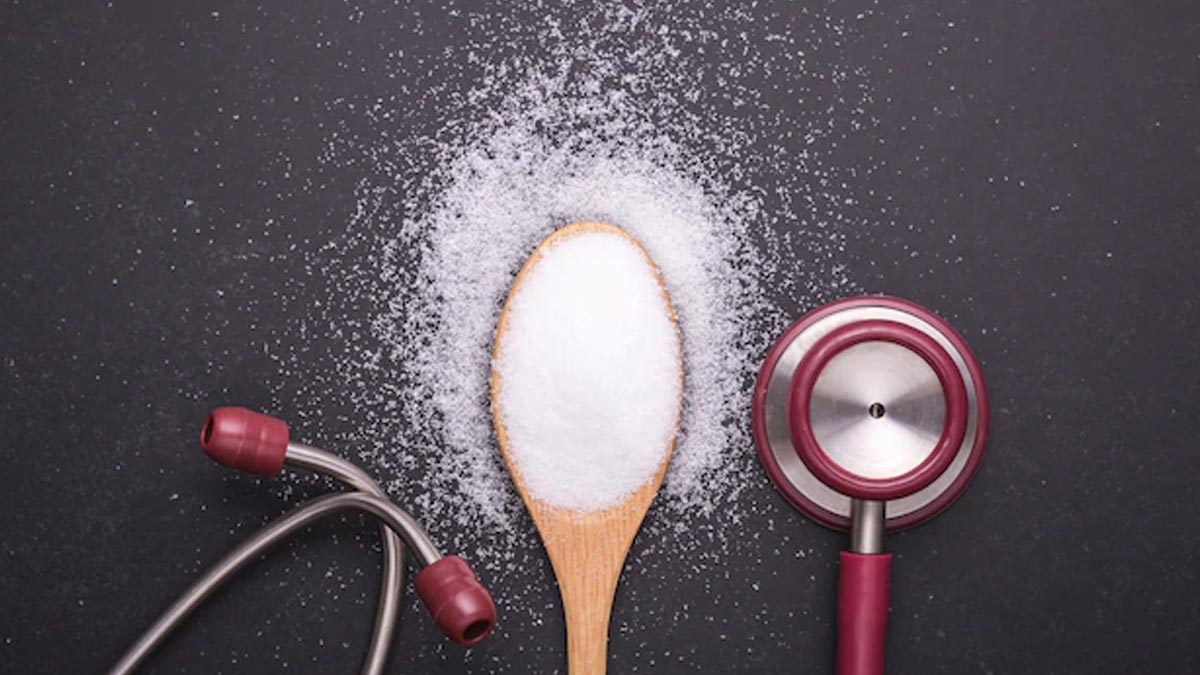|

Hypertension, or high blood pressure and diabetes are very common health conditions in India. While there have been immense conversations on hypertension affecting the heart health, leading to cardiovascular complications, it has other side-effects too. On the occasion of Hypertension Day, we at Onlymyhealth are conducting an month long campaign that helps you know about this condition and related problems in detail. We all know how bad kidney failure can affect your health. Let us know to understand how hypertension can lead to kidney failure by help of an expert.
Hypertension Problems in India
We spoke with Dr. Neha Punatar, Consultant Nephrology, at P.D. Hinduja Hospital and Medical Research Centre, Khar to know about conditions that hypertension could affect in your body. She told that in simple terms, hypertension is a condition where there is an increase in the amount of force that blood places on blood vessels as it moves through the body.

According to World Health Organization statistics, around 63% of total deaths in India are due to non-communicable diseases, of which 27% are attributed to cardiovascular disease (CVD). Hypertension is amongst the most important risk factors for CVDs in India. Unfortunately, hypertension remains poorly controlled, majorly due to no or mild symptoms, poor awareness and unavailability of primary care.
Hypertension is defined as office Systolic BP (SBP) values of at least 140 mmHg and/or diastolic BP (DBP) values of at least 90 mmHg. High normal BP is SBP of 130-139mmHg and/or DBP of 85-89mmHg (2018 European Society of Cardiology/ European Society of Hypertension-ESC/ESH Guidelines).
How does hypertension lead to kidney failure?
The kidneys and the blood circulatory system depend on each other for effective functioning of the human body. High blood pressure can constrict and narrow your kidney blood vessels, which damages and weakens them. The narrowing reduces blood flow causing decreased oxygen supply to the kidneys. Hypertension also affects the other parts of the kidney too (causing scarring in the kidneys with nephron loss).
The kidneys will not be able to remove all wastes and extra fluid from your body. This extra fluid in the blood vessels can raise your blood pressure even more, creating a dangerous vicious cycle, and cause more damage leading to kidney failure.
Risk Factors of Hypertension Leading to Kidney Failure
The prevalence of hypertension is becoming more common in India, irrespective of gender and race. Also, hypertension is becoming more prevalent in urban as well as rural parts of India. Although hypertension has no specific symptoms, we need to keep the BP under control to keep the kidneys in a heathy state. One should take preventive measures by being physically active, maintaining a healthy weight, quitting smoking, managing stress and following a healthy diet, including less sodium (salt) intake. Regular health check-ups will play a vital role in diagnosing this silent killer at an early stage where it may be reversible and thus improve the patient’s quality of life.

Prevention Tips for Hypertension
1. Control your weight and maintain BMI so that the risk of hypertension complications become less.
2. Eat a balanced diet that contains plenty of fruits and vegetables. Limit your intake of saturated fats, trans fat and sugar. You can consider DASH diet for hypertension control.
3. Cut back of your salt intake- Low sodium diet is beneficial to prevent spike in blood pressure level in the body. Try to have medium salt intake and decrease processed foods.
4. Exercise on a regular basis for at least 30 minutes to reduce risk of elevated blood pressure. This also help in maintaining health of arteries supplying blood pressure.
5. Limit your alcohol intake, as it could cause high blood pressure. Do not take more than one drink in a day.
6. Manage your stress as it could be main cause of rise in blood pressure and hypertension. Try to make time for some recreational activities and rest.
7. Keep monitoring your blood pressure from time to time. This could lower hypertension risk, and prevent you from complications.
Courtesy: OnlyMyHealth |
